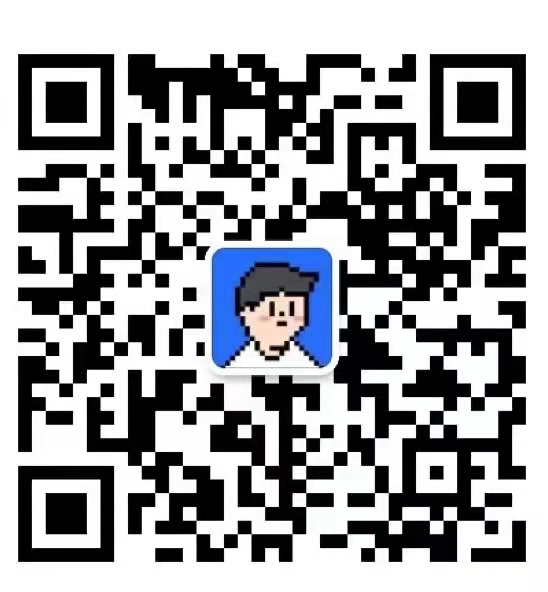GUI是一个图形界面,它是呈现给用户的可视化通信表示,便于与机器互动。GUI指的是图形化用户界面。它是常见的用户界面,包括像按钮和图标这样的图形表示,通过与这些图标的互动可以进行通信,而不是通常的基于文本或命令的通信。
GUI是如何工作的?
指针的使用,作为导航,与不同的视觉吸引人的图形图标互动。抽象是GUI操作系统中使用的一个主要概念。用户可以使用指针来点击图标,从而启动一系列的动作。通常,一个应用程序或功能会被启动。然后,用户将不得不提供输入或任务,以便从机器上产生所需的动作。GUI实际上将用户语言(包括简单的单行命令、单次点击和双击)翻译成机器语言或汇编语言。机器理解机器语言,因此,机器对启动的任务作出反应,这些任务被翻译成使用语言并通过GUI传达给用户。

图形用户界面实例
Sketchpad被认为是第一个图形化的计算机辅助设计程序,是由Ivan Sutherland在1962年在麻省理工学院时开发的,它由一支光笔组成,使用户能够通过协调的图形实时创建和操作工程图中的对象。
现代操作系统和图形用户界面被纳入几乎所有的互动应用中,如自动取款机、自助收银机、航空公司的自助购票和登记、视频游戏、智能手机和台式机。一些流行的现代图形用户界面的例子包括微软的Windows、macOS、Ubuntu Unity和GNOME Shell的桌面环境,以及Android、苹果的iOS、黑莓操作系统、Windows 10 Mobile、Palm OS-WebOS和Firefox OS的智能手机。
图形化用户界面的优势
图形用户界面的优点是对普通人的使用能力有明显的改善。图形用户界面的功能利用了人们熟悉的隐喻,如传输文件的拖放,并使用熟悉的图标,如删除文件的垃圾桶,创造了一个环境,使计算机操作变得直观和容易掌握,而无需事先练习或了解计算机机器或语言。图形用户界面的应用是自我描述的,反馈通常是即时的,而且视觉线索鼓励和引导发现性。
用于图形用户界面的最佳编程语言
虽然有几种不同的可视化编程语言在开发图形用户界面设计方面有其独特的优势,但C#或Java可能被认为是最好的选择,因为它们能够同时在浏览器和桌面应用程序中运行图形用户界面。其他选择包括Python、HTML5/Javascript和C/C++。

下面是一个基于GUI应用的学生信息采集系统开发的java代写案例,能够实现学生信息的输入、查看、编辑、删除等功能。
The following sections describe each class and Figure 1 below shows an example of the application when it is executed. There is also a video on Canvas under Assignment 1 that shows the execution of the application.
Note 1:When you create the Labels as well as the fx:id’s take note that these 25 correspond to the controller class variables, these variables in the controller classes have been specified in the template. Do NOT change any variable names in the controller classes, otherwise your application will not execute when auto-testing takes place.
Note 2: The window / scene(s) that you develop do not have to be identical to 30 the image provided, and the vertical / horizontal gaps are optional); the words window and scene are used interchangeably.
3.1 Class 1 – Student.java
The Student class creates a data structure on which the functionality of the application is built.
3.2 Class 2 – StudentData.java
The StudentData class is a Singleton class that ensures the integrity of the data by including an Observable ArrayList.
3.3 Class 3 – main-view.fxml
The main-view.fxml class creates a structure for the main window / scene, as seen in Figure 1 above.
3.4 Class 4 – Controller.java
The Controller class is responsible for carrying out the actions when a user 80 interacts with the main-view.fxml scene / window.
3.5 Class 5 – edit-students.fxml
The edit-students.fxml class creates a structure so that a student’s details can be edited (only module choices are editable).
3.6 Class 6 – EditStudentController.java
The EditStudentController class is responsible for carrying out the actions when a user interacts with the edit-students.fxml scene / window.








